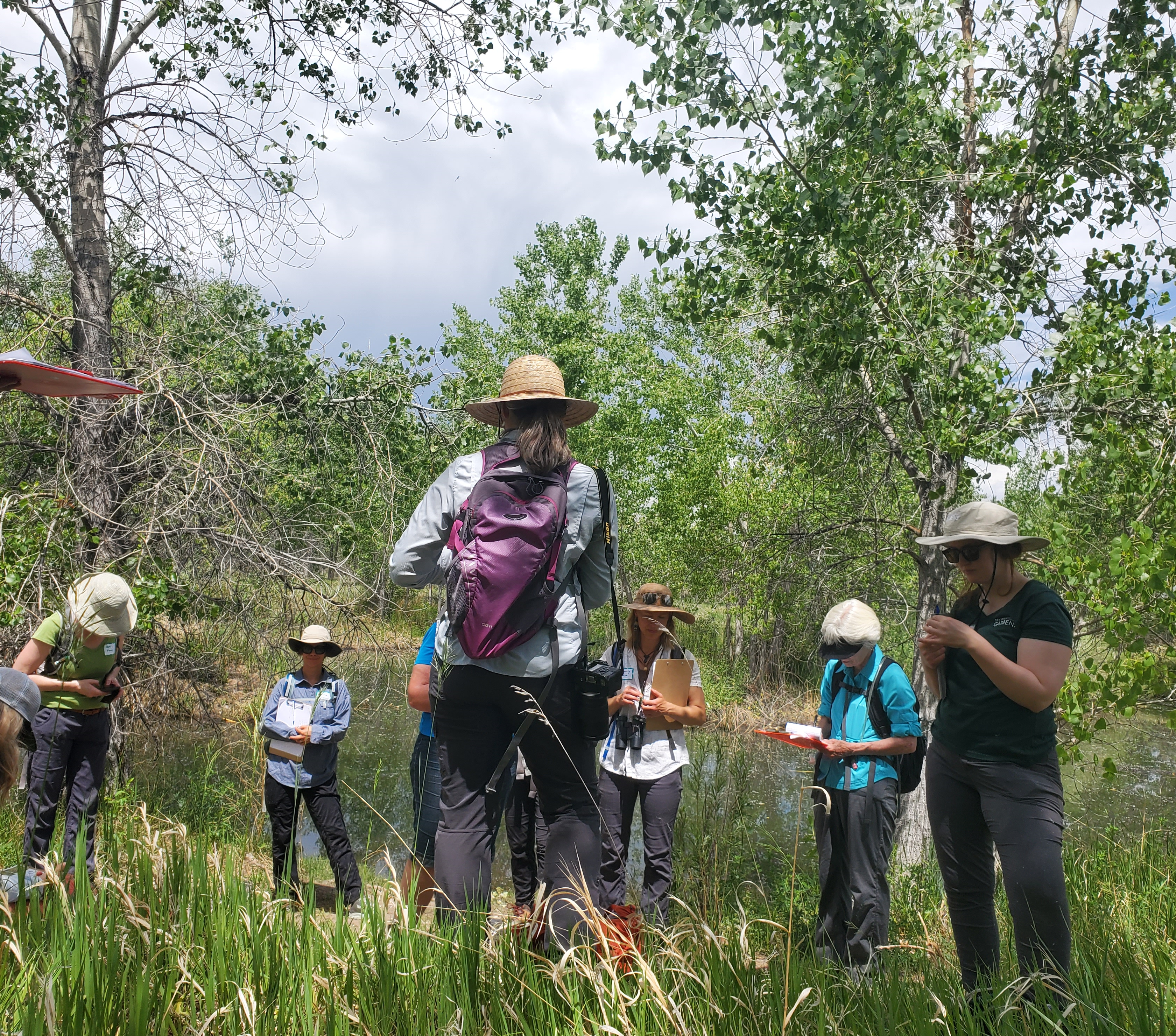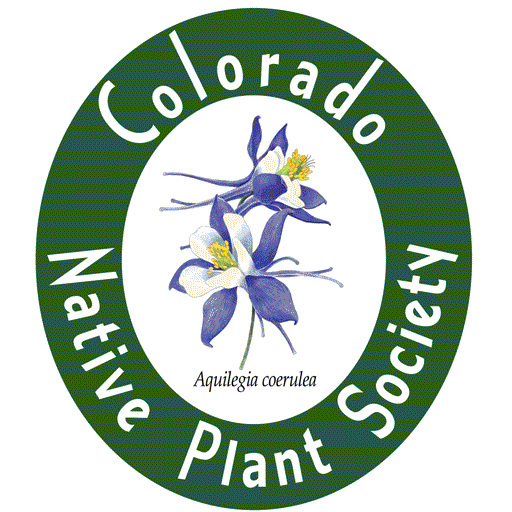


Restoration Committee
The Restoration Committee will start meeting again in March!
Please join us as we work to define our work for the coming year and beyond! We look forward to meeting everyone, learning about your backgrounds and interests in restoration, updating everyone on the latest projects and moving ahead with this vital work.
CoNPS Restoration Committee Virtual Meeting
March 15, 2023 Meeting Agenda, 12pm-1pm
I Introductions
II History of Restoration Committee
III Mission Statement Conversation
IV USFS Seed Collection Project: Maggie
V Current Requests: David: Cross Creek Park, Concrete Coyote, etc… WRV: Maggie
VI Ideas for vetting future project requests
Mission draft:
In concert with other committees, CoNPS Restoration Committee’s mission is to partner, lend expertise and guide hands-on participation in restoration projects that feature the use of native plants to meet project goals in Colorado.
Goals Draft:
- Provide planning and technical expertise on plants, seed mixes habitats etc… to organizations working on restoration projects, ie: Cross Creek Park advice on wetland seed mix.
- Provide volunteer opportunities for CoNPS members to participate in restoration programs with partner agencies.
- Coordinate with other CoNPS Committees, ie: Horticulture, Field Studies etc… to field requests and work together on project requests. Ie: Work with Field Studies on requests for plant surveys for Concrete Coyote.
- Work with the USFS and other agencies to collect wild plant seeds for restoration work, which could include creating a grow out project of plant materials in order to increase available native plant material.
- Becoming a think tank for best practices in restoration and spreading information on these practices.
Click on the article below to read contents.

Managing Noxious Weeds
Best Management Policies for Managing Noxious Weeds in Sites with Rare Plants
Using Native Plants in Restoration
Defining Native Plants for Purposes of Restoration, Revegetation and Landscaping
The Colorado Native Plant Society (CONPS) adopted the following definitions of native plant and local nativeplant to help restoration ecologists, biologists, landscapers, land managers and landowners understand what theyare planting in Colorado and the potential impacts.
READ MORE
Guidelines for Collection of Native Plants for use in Restoration, Horticulture, Medicinal Preparations and Scientific Research
Increasing interest in the use of Colorado and regional native plants for horticulture,ecological restoration, and medicinal preparations has prompted the Colorado Native PlantSociety to develop guidelines for collection of native plants and plant propagules from thewild.
READ MORE
Policy and Guidelines for Use of Native Plants
The Colorado Native Plant Society (CONPS) encourages the use of Colorado and regional nativeplants for landscaping and for the rehabilitation or revegetation of disturbed lands within the state.CONPS recognizes the physiological and ecological adaptive advantages of our native plants,which have evolved over long periods of time in our soils and climate. As a result of suchadaptation, native plants often are more energy and water efficient than introduced species
READ MORE
Ethics of Collecting Native Plants
The Colorado Native Plant Society (CoNPS) encourages the ethical collection and use of Colorado’s flora. Lack of commercial availability of many plant species, greater demand for native plants in horticultural settings and the reestablishment of native plants in restoration efforts can require that seed and/or other plant material be prudently collected from plants in their native habitats. Likewise, plant material necessary for study and research purposes must also be collected under ethical guidelines.
READ MORE
Restoration Resources
- Society for Ecological Restoration
- SER International Primer on Ecological Restoration
- Colorado 14ers Initiative
- Wildlands Restoration Volunteers
The Society for Ecological Restoration works “to ensure that ecological restoration is recognized and utilized as a fundamental component of global conservation, biodiversity and sustainable development programs, and that ecological restoration projects are designed and implemented in a way that provides people with the opportunity to not only repair ecological damage, but also improve the human condition.
CLICK HERE TO VISIT WEBSITE
SER International Primer on Ecological Restoration defines ecologica restoration and the attributes of restored ecosystems. It discusses reference ecosystems, the management of exotic species as well as restoration planning, monitoring and evaluation.
CLICK HERE TO VIEW THE PRIMER
The mission of the Colorado 14ers Initiative is to protect and preserve the natural integrity of Colorado’s 54 14,000–foot peaks —the “Fourteeners”— through active stewardship and public education. CFI partners with the US Forest Service, the Bureau of Land Management, and passionate volunteers and donors nationwide to accomplish these goals.
CLICK HERE TO VISIT THEIR WEBSITE
Wildlands Restoration Volunteers (WRV) organizes thousands of volunteers each year to complete more than 150 conservation projects throughout Colorado. Volunteer events range in length from a few hours to multi-day campouts and are located in beautiful natural areas from the plains to the alpine.
CLICK HERE TO VISIT THEIR WEBSITE
